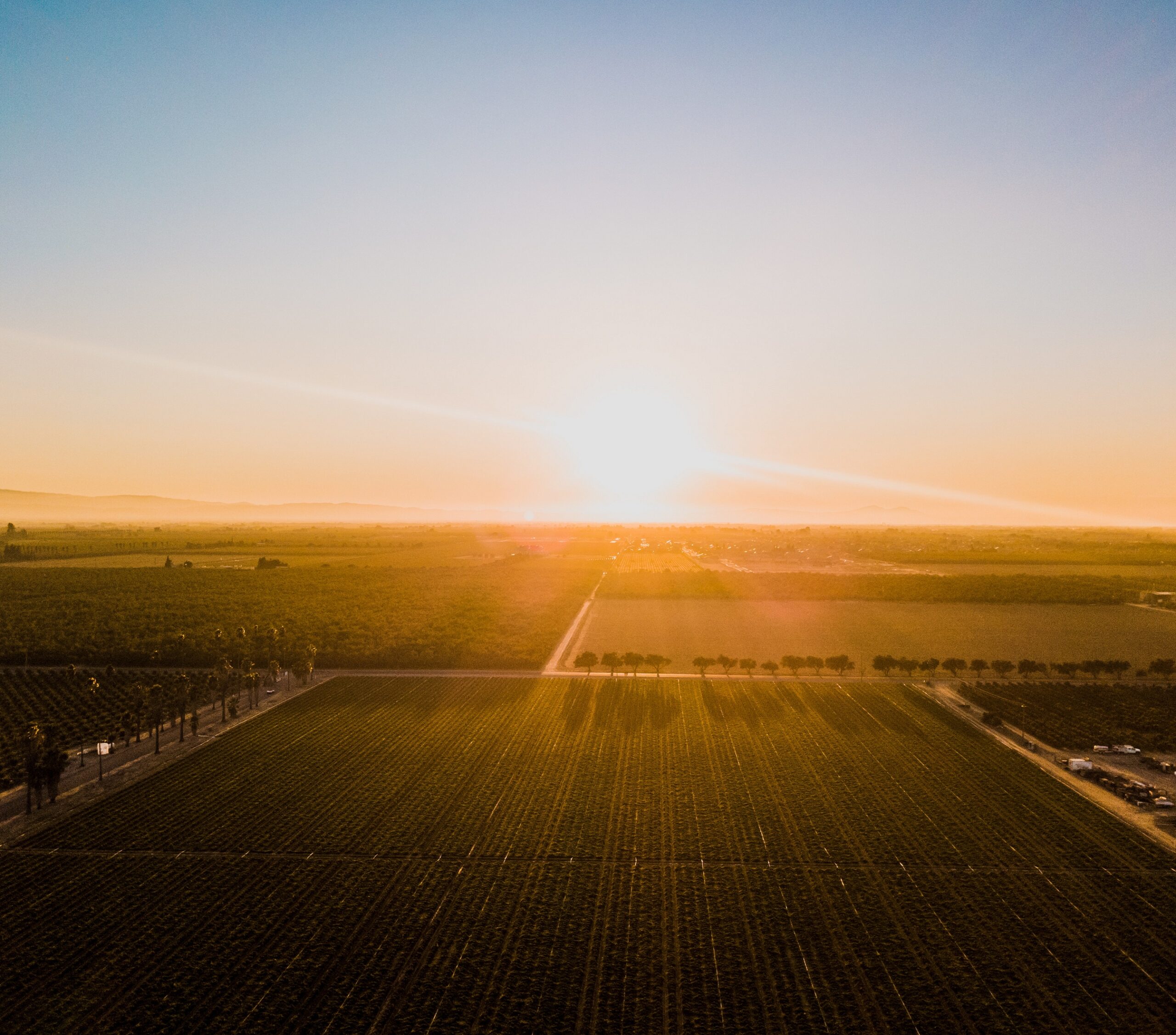
Rather than tossing tons of kitchen waste into their dumpsters, they are hauling them to Vacaville where Jepson Prairie Organics turns them into compost, or as some customers call it, “black gold.” Everything from crab shells to onion peels is put through a 90-day process that results in what is officially named “Four Course” compost. It sells for $7 to $10 per cubic yard.
For many farms and vineyards in Napa and Sonoma counties it provides exactly the rich nutrients needed to recondition the soil after harvest. The manager of Madrone Vineyards says the 300 tons of compost that she used this past year resulted in enhanced crop yields and vine growth. At Inman Family Wines, where the grapes are grown organically, Kathleen Inman mixes corn meal gluten with the compost because it acts as a natural herbicide to kill grass and weeds around the vines, yet is friendly to birds and animals.
While there is no guarantee from the restaurants that foods raised on their scraps will end up back in the restaurant, it is often the case. Charles Phan, executive chef at the Slanted Door, says that if the wine passes the taste test, then it goes on his wine list, thus making a complete loop from kitchen to farm and then back to the dinner table.
 Santa Rosa Press Democrat
Santa Rosa Press Democrat

